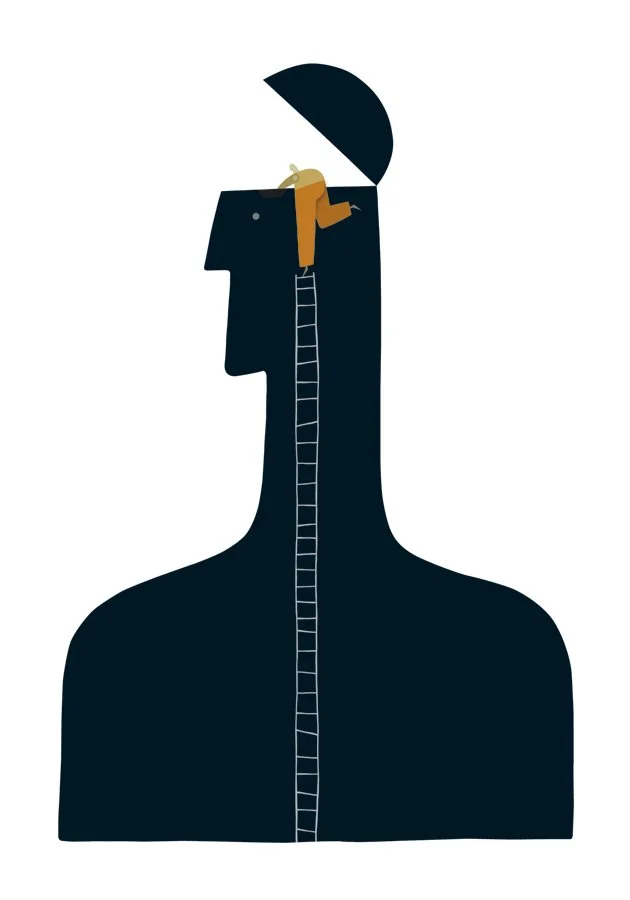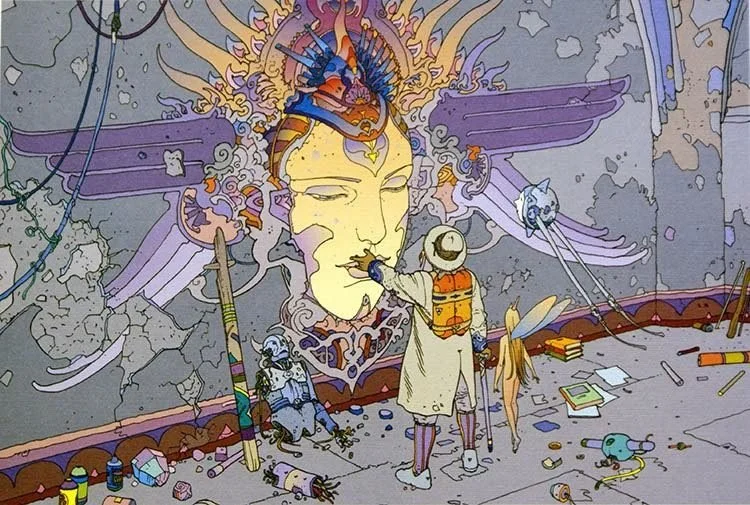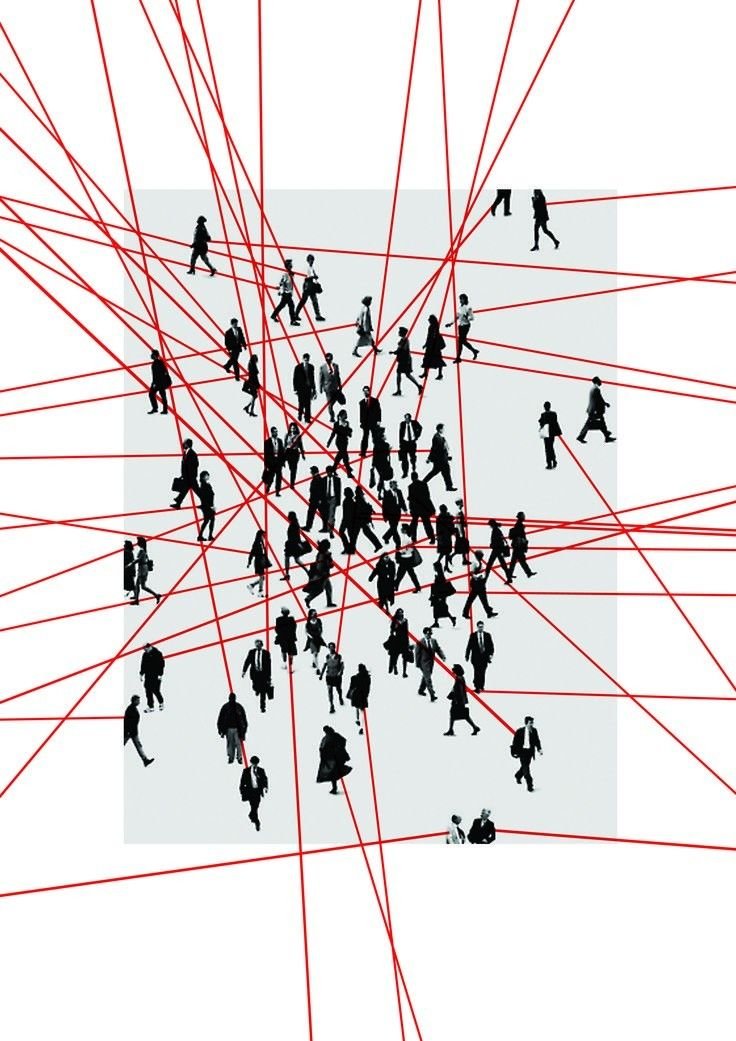Yongey Mingyur Rinpoche writes: "...I found that many students who were just starting out in meditation tended to set unrealistic goals for themselves. They felt that in order to meditate they had to sit in perfect meditation posture for as long as humanly possible. ...My father emphasized again and again to all of his students in a way that would make it easy for us to remember: Short periods, many times." Coach Firas Zahabi says: "I am a big believer in consistency over intensity. You can't go to your max every day. There's a cost of going to your max. You should train and wake up the next day feeling good. ...If you add up at the end of the year who trained more, I've trained way more that you."
The goal should be the volume of work done over a period of time. The higher the volume, the better the result in technique, endurance, speed, or strength. A new skill is nothing but a well-trodden path in the neural forest. However, Rinpoche and Zahabi's approach contrasts with the popular belief in society that a future master or champion should be non-stop pushing to the fullest. I think the reason is the absurdification of the idea of hacking-cheating, or the desire to get everything with one strike. Like, "I'll tense up short and max and boom, hit the jackpot in the lottery." Those who try to follow this inevitably get injured and give up on everything. Others, who have fallen on their own or someone else's experience, prefer to sit on the couch, watch epic motivators, and dream of starting someday.
It seems that people find themselves in an imaginary dilemma: to push themselves to the limit or do nothing at all. The same thing happens in business, both at the organizational level and at the individual level. If your goal is to continuously increase the value of your company and/or your professional mastery, then focus inward - on how to avoid succumbing to the temptation of promises of quick success. All you need to do is change the period of return on your investments, from X months to X years. In this way, you will confidently, systematically, and relentlessly arrive from point A to your desired point B.
Yours sincerely,
-Alexander
You can help Ukraine defend itself and the World from Russian aggression here.
”Who are you and what do you do?"
As a business therapist, I help tech founders quickly solve dilemmas at the intersection of business and personality, and boost company value as a result.
"I have an important business decision to make. Can you help me?
Reserve a time on my calendar that is convenient for you to meet with me. We'll clarify your request and discuss options for how you can help.





















